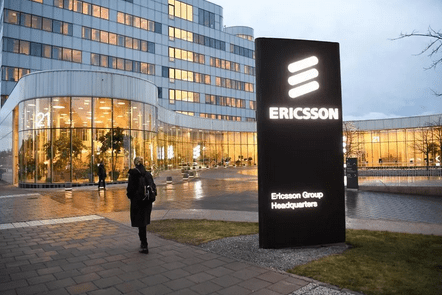
Ericsson confirm US authorities are still investigating possible Islamic State payments as firm posts mixed bag results
Ericsson confirmed that US authorities are still investigating possible payments to Islamic State (ISIS) by the company in Iraq.
Posting half year results this morning, President and CEO of Ericsson Börje Ekholm said: “We continue to engage with the Department of Justice and the Securities and Exchange Commission in relation to the 2019 Iraq investigation report and the DPA breach notices. The outcome of these matters cannot be assessed at this point in time. We are fully committed to cooperating with the US authorities”.
More than $5bn (£3.8bn) was wiped from Ericsson’s market value back in February after its explosive admission that it may have made payments to ISIS based on “unusual expense claims in Iraq” dating back to 2018.
In a lengthy statement on the telecom gear maker’s website, it said that during an internal investigation it identified payments made to intermediaries, as well as the use of alternate transport routes in connection with “circumventing Iraqi Customs at a time when terrorist organizations, including ISIS, controlled some transport routes”.
Some of these activities include employees making donations without a clear beneficiary and paying suppliers without proof of documents.
However, the firm stated that it “could not identify that any Ericsson employee was directly involved in financing terrorist organisations”, but did admit that some employees “were exited from the company”.
However, the company said in its half-year report that underlying sales rose five per cent thanks to 5G demand and expanding market share, while net profit was up 19 percent to SEK 4.7bn (£375m), on revenues 14 percent higher at SEK 62.5 billion (£4.9bn).
However, gross margins were still lower for Ericsson, at 45.1 percent versus 47.9 per cent a year ago. This is due to increased component and logistics costs,
The Swedish firm said that global 5G build-out will be larger and continue for longer than previous mobile generations. The build-out will include evolving consumer use cases, such as Fixed Wireless Access, mobile gaming and XR applications, in addition to new areas, such as enterprise and first responders.
Source: City AM





